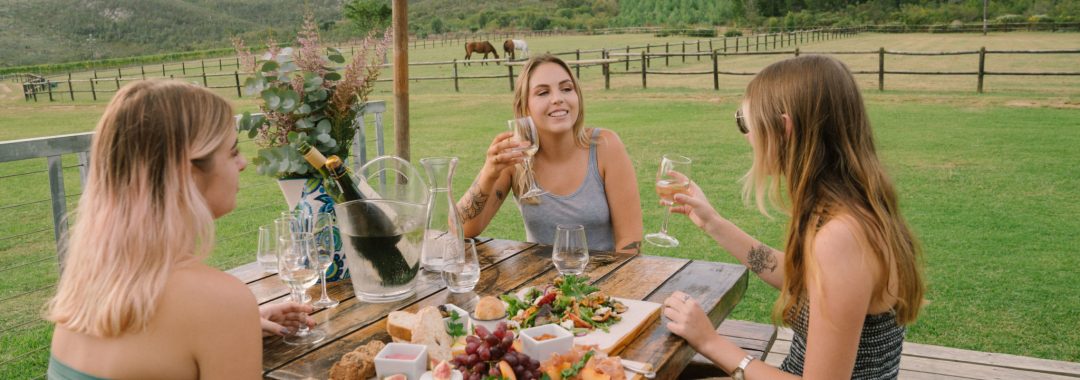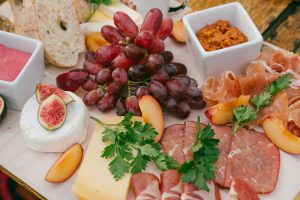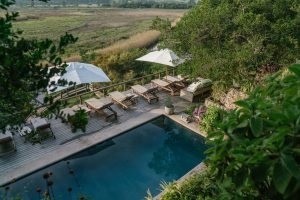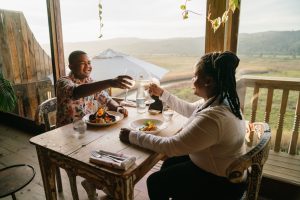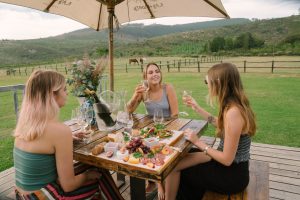11th International Adventure Conference
9-11 September 2024, Knysna, South Africa
People, place & planet - New hospitalities
The tourism and hospitality industries are amongst the world’s most exciting and vibrant places to work, and nowhere more so than here in Africa. Outdoor adventure provides a great context in which to explore the ways landscape, peoples and more-than-human communities interact – in forests, in the sea and on the plains. We want to share cutting edge scholarship dealing with experiences in tourism and hospitality – from the adventure of gastronomy and wonderful local foods to that of music, dance and body movement. South Africa provides an extraordinary stage or this significant conference – the first in Africa, as we consider how to develop the tourist resource with respect – for people, for the planet, and for the places they meet.
Themes for papers:
- African tourism
- Delivering extraordinary hospitality experiences
- Hospitality in the wild
- Luxury adventure – adventurous luxury
- Adventurous destinations
- Gastronomy and food as adventurous experiences
- Culture, dance and music
- Indigenous knowledges: celebrating place, culture and nature
- Adventure in the chthulucene
- Shared understandings and co-created experiences
- Storytelling in tourism and hospitality
Please note: a new aspect of this conference is an opportunity for experienced researchers to collaborate with newer writers (Masters and PhD candidates, early career academics and so forth) in a ½ day workshop session. Therefore, if you wish to further develop your abstract, please indicate on submission that you are seeking a co-writing partner.
In support of this theme, presentations should be guided by the 17 Sustainable Development Goals (SDGs) set out by the United Nations. Importantly, these challenging aspirations extend our thinking beyond environmental concerns framed in narrow ideals of pristine protected wildernesses. The goals emphasise human interactions with the planet, nature and one another.

